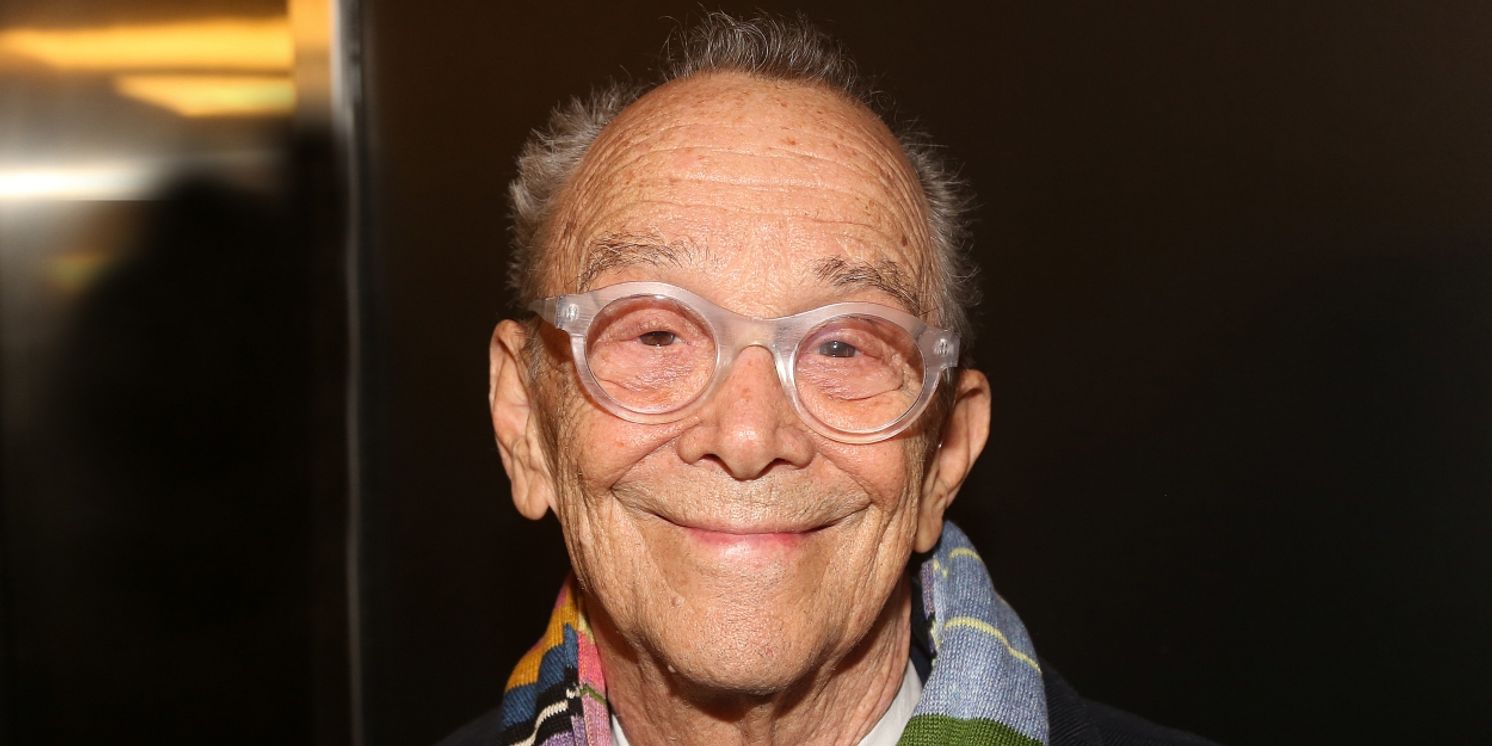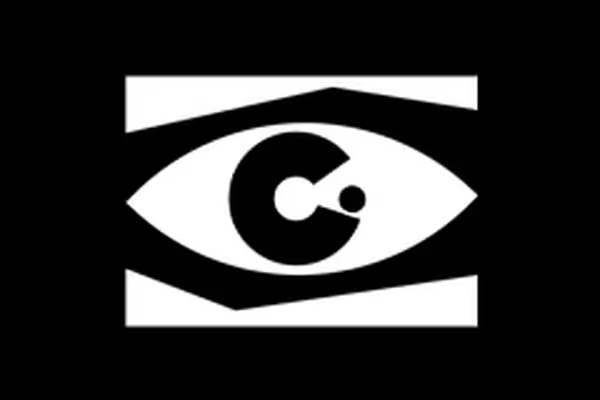Joel Grey Says Audiences Should 'Heed CABARET's Warning'
The musical, which first ran on Broadway in the 1960s, is currently being revived on Broadway at the August Wilson Theatre.

In an op-ed in the New York Times, Cabaret's original Emcee Joel Grey stated that audiences should "heed" the "warning" of the musical after the recent re-election of Donald Trump. Cabaret, which first ran on Broadway in the late 1960s and was adapted into a film, is currently being revived on Broadway.
While performing the role of Emcee in the original production, Grey "witnessed audiences grappling with the raw, unsettling reflection that 'Cabaret' held up to them. Some material was simply too much for the audience to handle. 'If You Could See Her,' which has the Emcee singing of his love for a gorilla — a thinly veiled commentary on antisemitic attitudes — ended with the lyric: 'If you could see her through my eyes, she wouldn’t look Jewish at all.'"
The original producers responded to this discomfort by changing the line to “She isn’t a meeskite at all." "I resented the change and would often, to the chagrin of stage management, 'forget' to make the swap throughout that pre-Broadway run," says Grey, who believed it softened the moment's impact.
However, now Grey says that he is hearing from cast members in the current Broadway production that "a small number of audience members have squealed with laughter" at the line, which is restored to the original in this production. "In the late 1960s, we softened the line because the truth was too hard to hear. Today, it seems the line is playing exactly as the Nazi-sympathizing Emcee would have intended."
Grey says that in the 1960s, Cabaret's message was met with a more hopeful context. "There was a sense that as a society, we were striving toward progress — that the fight for civil rights, for peace, for equality was a fight we could win. “Cabaret,” with its portrayal of a decadent society willfully ignorant of its own demise, provided a stark counterpoint to that hope. It was a warning against the seductive power of distraction, the dangers of apathy and the perils of looking away when history demands that we look closer."
However, in 2024, hope is replaced with the same sense of powerlessness and apathy that the show is a warning against. "There’s a sense that we have seen this show before, that we know how it ends, and that we’re powerless to stop it. Or worse, a sense that even though we are facing dark times they won’t really affect our own day-to-day lives."
Grey urges audiences to learn from the show and combat these feelings: "History is giving us another chance to confront the forces that “Cabaret” warned us about. The question is: Will we listen this time, or will we keep laughing until the music stops?"
Read the full op-ed here.
Joel Grey received the Academy Award, the Golden Globe and the British Academy Award for Best Supporting Actor for his performance in the 1972 film version of Cabaret (directed by Bob Fosse). He is one of only nine actors to have won both the Tony and Academy Award for the same role.




